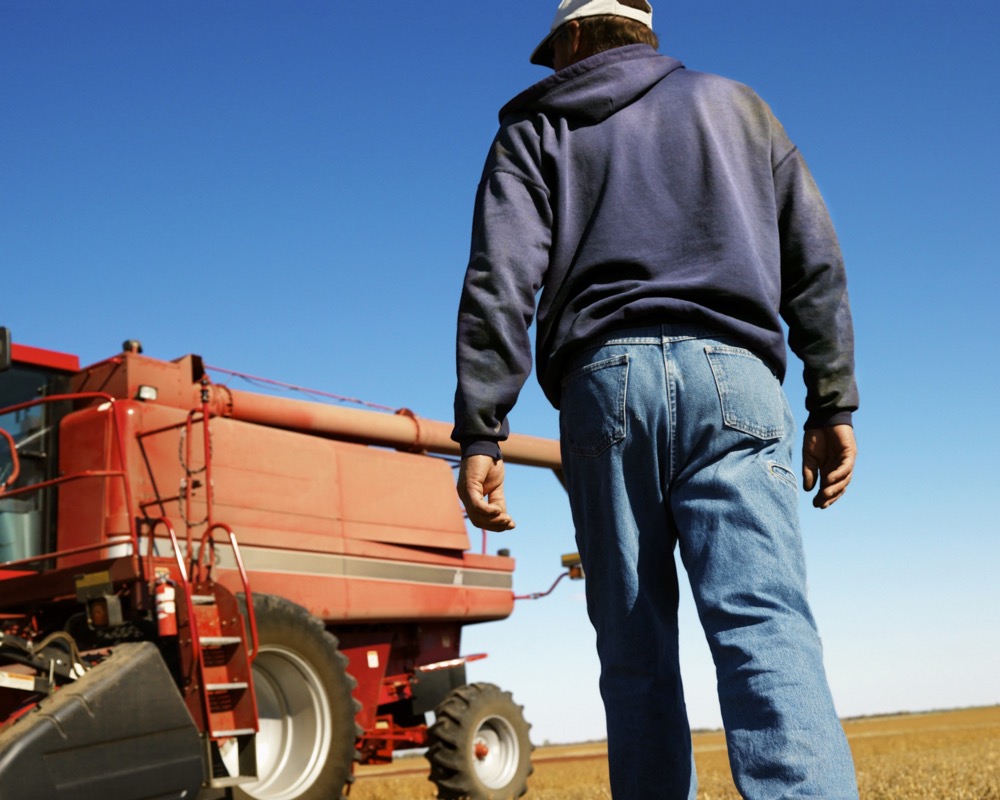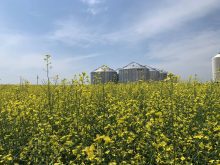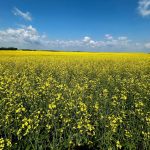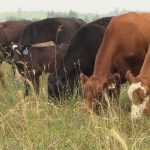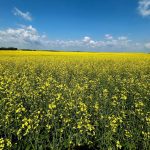As I write this, Bill 6 has passed its third reading in Alberta. That legislation will make workers’ compensation mandatory for paid farm employees, and subject Alberta farms to Occupational Health and Safety regulations.
I hope a look at Manitoba’s situation will shed some light on the safety issues Albertans should start thinking about, and what they might want to bring up during the regulatory consultations.
Since 2009, Manitoba farmers have had to provide Workers’ Compensation Board coverage for employees, unless they are family. Manitoba’s Workplace Safety and Health Act also covers farms, whether they employ non-family members or not.
Read Also

Avoid these thought traps when investing
Investing for Fun and Profit: Let’s review a list, by renowned fund manager Peter Lynch, of the most dangerous things that stock market investors can say to themselves, or to others.
Manitoba farmers need to be aware of the statute and safety requirements, says Rob Olson. Ignoring those requirements could earn them a hefty fine.
Olson is a lawyer with TDS LLP in Manitoba. He specializes in labour and employment and has represented employers, unions, and employees. He also has experience in the ag sector.
Farmers should focus on a “reasonableness standard,” says Olson. “They need to have reasonably foreseen potential pitfalls and dangers. I suspect most farmers do adhere to it just naturally because safety is important, of course.”
That means doing things like making sure employees are using protective equipment, he says. For example, if an accident happens and a worker hasn’t been using protective goggles that would have prevented injury, there will be trouble when Workplace Safety and Health investigates, he explains.
Workplace Safety and Health, along with the courts, take into account several factors when levying fines, Olson says. The farm size, how close the farm owner is to the injured worker, and how they were affected all play into it, he says.
An accident isn’t the only reason inspectors can visit farms. They can show up to inspect farms without notice, Olson says, because giving notice “might change what they might find.” That being said, Olson says he’s heard of inspectors showing up to hog farms without realizing a biohazard had been issued.
“If they’re not prepared to deal with that, the inspectors turn around and go away… and they say, ‘Okay, I’ll come back in three days.’”
Inspectors may give out improvement orders, which don’t necessarily mean work must stop. They might suggest easy fixes, such as keeping a safety guard lowered at all times. But they will also issue stop work orders if they’re worried that someone will get hurt, Olson says. Sometimes a solution can be found within minutes or hours, he adds, so the stop work order could end quickly.
“They have very broad powers, and for good reason,” Olson says.
If Workers comp is optional
Not every Prairie farmer has to carry workers’ comp coverage for farm workers. Saskatchewan farms are still exempt. Manitoba farmers aren’t mandated to cover family members, even if they draw a wage. But not opting in carries risks.
“The obvious risk, of course, if they don’t have Worker’s Compensation is that they don’t have insurance essentially for injury to an employee at the workplace,” says Olson. Workers could be left with lifetime costs to manage the injury. And that could be a hefty amount for the farm owner to defend against, Olson adds.
Olson wasn’t too familiar with private disability insurance. But he said workers’ compensation is relatively inexpensive for an employer. “I can’t imagine you could really do better with private insurance for the same thing.”
The rates for farm workers vary by sector and province. A farm’s safety record will come into play as well. It’s worth comparing the rates to private insurance, assuming you have that option.
How much income workers’ compensation covers varies between provinces as well. In Alberta, workers’ compensation will cover 90 per cent of net taxable income, up to $95,300. Saskatchewan covers 90 per cent of earnings, up to $59,000 (as of 2014).
Manitoba also covers 90 per cent of net earnings. The province hasn’t capped yearly maximums for injuries that occurred after December 31, 2005.
Workers’ compensation also covers treatments and travel expenses related to workplace injuries. Saskatchewan will also kick in for pension benefits if an employee is off work for 24 months in a row. And if the injury causes a “permanent functional impairment” such as a lost limb or brain injury, workers might get a lump sum or an annual allowance.
Workers’ compensation doesn’t cover illness or injury that occurs off the job. Private disability insurance can cover those types of tragedies. It can allow the farm to buy out a partner who becomes permanently disabled. It can also cover business expenses to help keep the farm running. The devil is always in the details, but you can find a guide to disability insurance under the “Consumer Information” tab of clhia.ca.


